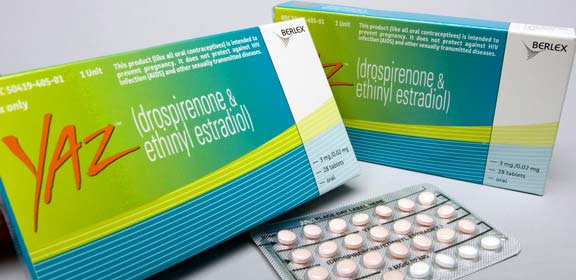As of this month, over two hundred families have filed suit against GlaxoSmithKline (GSK) alleging that blockbuster anti-nausea drug Zofran caused their children to be born with defects. These birth defects range from cleft palate to malformed limbs to congenital heart defects. Until now, families who have been affected by Zofran have largely remained silent, but recently a couple in Alabama decided to tell their story.
John and Clara Rickman, parents from Birmingham, Alabama, welcomed a new son into their family last year. The child, Nicholas, was born with a congenital heart defect and required three heart surgeries: the first at just five days old. Clara took Zofran to help alleviate her morning sickness symptoms during the pregnancy, and the Rickmans fear that the use of this drug may have contributed to Nicolas’ heart problems.
Zofran entered the market in 1991. The FDA approved the drug for the treatment of chemo-therapy related nausea in cancer patients. The drug has never been approved for use in pregnant women. Despite this, many doctors prescribe this drug for use in treating morning sickness. This type of prescription is called “off-label.”
Prescribing drugs off-label is a common practice among physicians in the United States. It is estimated that about 20% of all prescriptions are written for off-label uses. While doctors have the ability to use their professional judgment and decide if an off-label use is the best option for their patients, drug companies are not allowed to promote the use of their drugs for any purpose other than FDA approved uses. Plaintiffs, including the Rickmans, allege that GSK violated FDA rules and encouraged doctors to use the drug for the treatment of morning sickness.
In the last few years, several studies have linked the use of Zofran in pregnant women with an increase in the rate of birth defects. One study also noted that prescriptions for Zofran, and its generic form, have reached an historic high with over 100,000 prescriptions per month to pregnant women.







 According to an
According to an 
 People who experience great physical trauma are often at a greater risk for blood clots. Traditionally, IVC filters have been used as a means of lowering blood clot risk in trauma patients, but a new study shows that IVC filters do not improve these patients’ chances of survival.
People who experience great physical trauma are often at a greater risk for blood clots. Traditionally, IVC filters have been used as a means of lowering blood clot risk in trauma patients, but a new study shows that IVC filters do not improve these patients’ chances of survival.